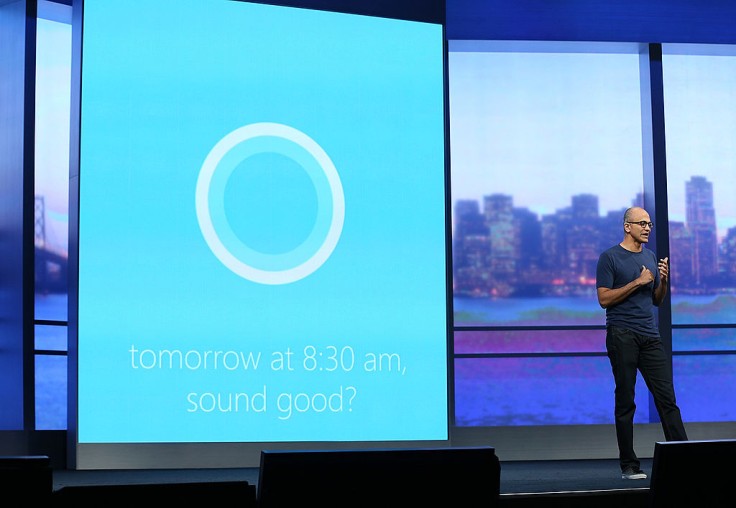Microsoft's Cortana is no more.
The Washington-based tech giant recently announced it is finally ending support for its Cortana standalone app, effectively retiring the virtual assistant as a separate offering after almost a decade.
Microsoft previously launched Cortana as Windows' virtual assistant in 2014, per Tech Target. It was named after the smart AI partner of the iconic Master Chief from the Halo video game series.

The End Of An Era
Microsoft mentioned in its announcement that it will no longer support its Cortana standalone app starting in Aug. 2023. As such, the company is advising Windows users to expect some changes coming their way.
According to the company, the discontinuation of Cortana's support only impacts Cortana in Windows. This statement means that the Cortana virtual assistant in Windows devices, such as PCs, laptops, and the like, will no longer get updates.
A report from Windows Latest (via 9to5Mac) stated that the Cortana standalone app didn't receive an update from Windows for two years until now. However, this update figuratively kills Cortana instead of adding new features to it.
Windows users opening the standalone Cortana app will only see a message saying that "Cortana in Windows as a standalone app is deprecated." Windows Latest also confirms that the app no longer works on Windows 11.
Microsoft's announcement doesn't come as a surprise to many. The company previously announced in early June it is ending support for the virtual assistant later in 2023, according to The Verge; it didn't mention an exact date.
Windows first launched Cortana for its ill-fated Windows phones in 2014; it included the virtual assistant to its Windows 10 operating system a year later. Much like Apple's Siri, Windows users can use Cortana to set reminders, open applications, and ask questions using voice commands.
A More Powerful Replacement
Microsoft assures Windows 365 users that they can still access Cortana in Outlook Mobile, Teams mobile, Microsoft Teams display, and Microsoft Teams rooms.
It also guarantees they can still access its productivity features in Windows and Edge, which now have increased AI capabilities. They can still get help with their tasks, calendar, and email through these features, but now it comes in "new and exciting ways."
These productivity features include voice access in Windows 11, Bing, Microsoft 365 Pilot, and Windows Copilot.
Voice Access in Windows 11 functions much like Cortana. It lets users control their PC and even write text using their voice via voice commands. Unlike Cortana, though, voice access works offline and uses advanced speech recognition to understand users' speech and help them get things done.
You may have already heard about Microsoft's AI-powered Bing, which allows users to ask complex questions and get concise answers from reliable online sources. Additionally, Microsoft 365 Copilot uses AI to help users create, edit, share content, and more using users' Microsoft 365 data (calendar, emails, chats, documents, and meetings).
Lastly, Windows Copilot, which Microsoft made available in the preview for Windows 11 in June, provides users with centralized AI assistance. It helps users bring their ideas to life, complete complex projects, and collaborate with other people.
Related Article : Russia-Linked Hackers Launch Phishing Attacks on 40 Govt Orgs









